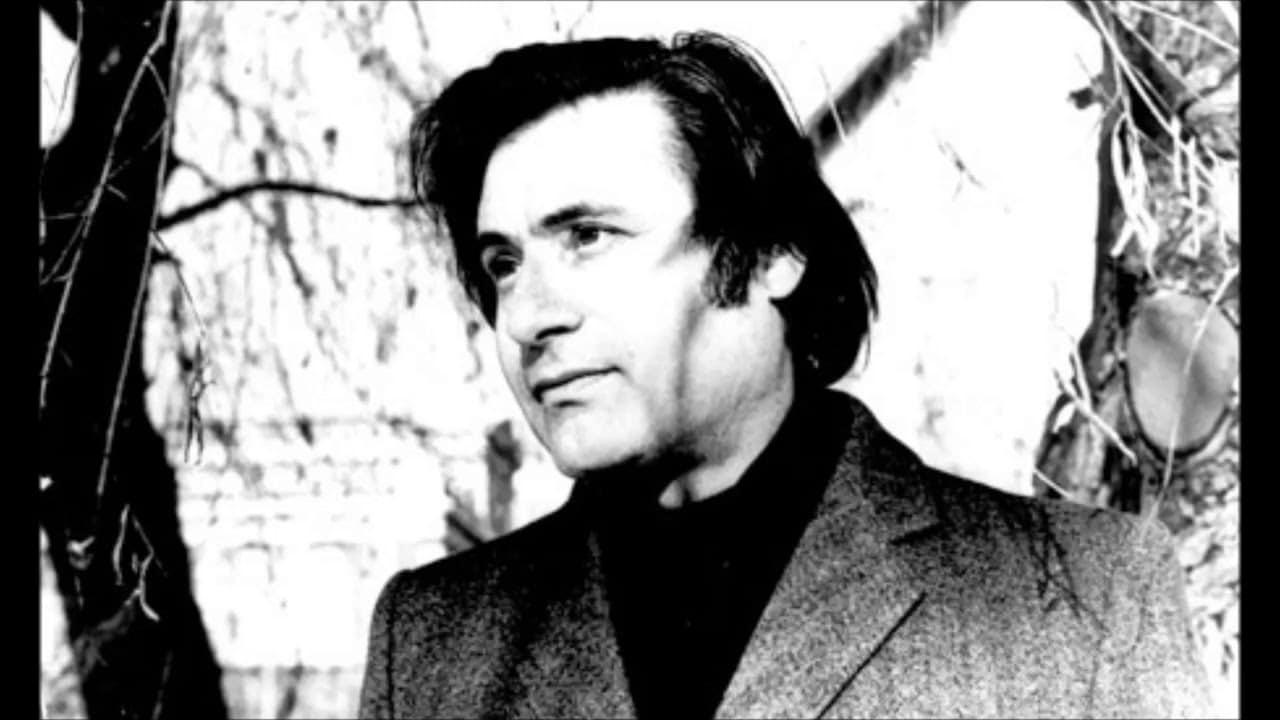I loved every damned note of it then, and I love it still
mainFrom the Lebrecht Album of the Week:
In the early 1980s, the phenomenal Latvian violinist Gidon Kremer recorded for Philips an account of the Beethoven concerto that was almost universally reviled. It contained two cadenzas written at the soloist’s request by the Russian composer Alfred Schnittke, a self-styled polystylist who built some of his works from fragments of many others.
Each of the cadenzas contained snippets of every major violin concerto from Bach to Berg, and the western music establishment recoiled as if it had been struck by a falling sputnik. The record was harshly reviewed and withdrawn by the label, never to be physically reissued …
Read on here.
And here.
En francais ici.
In Czech here.
In Spanish here.
In The Critic.






Comments